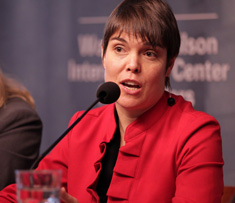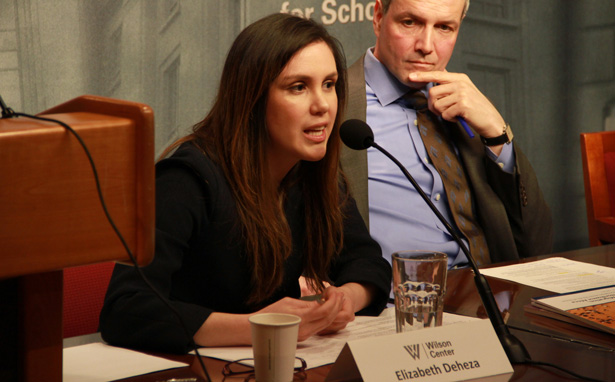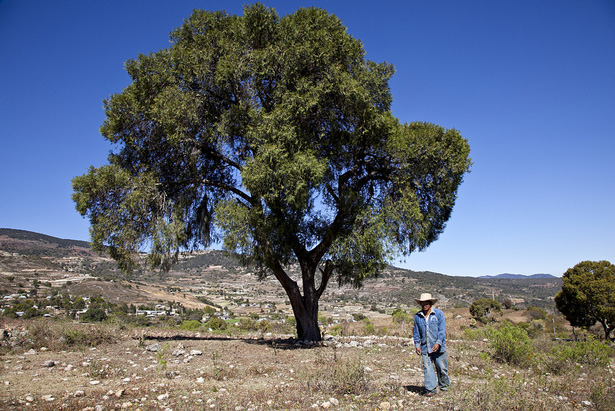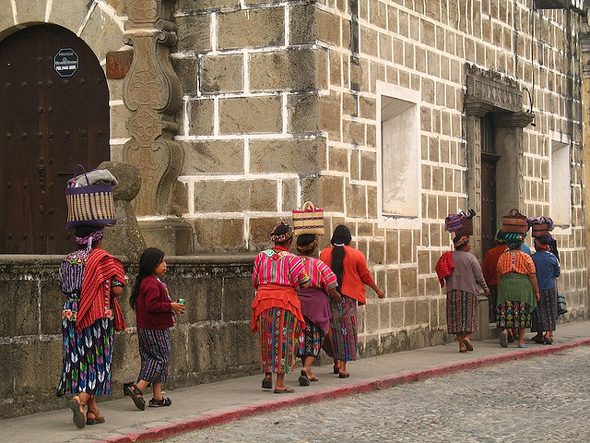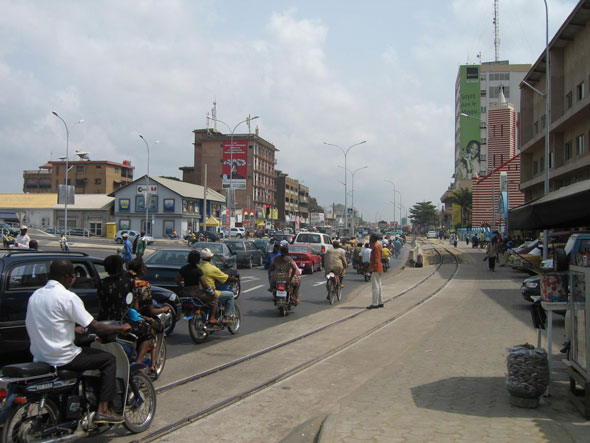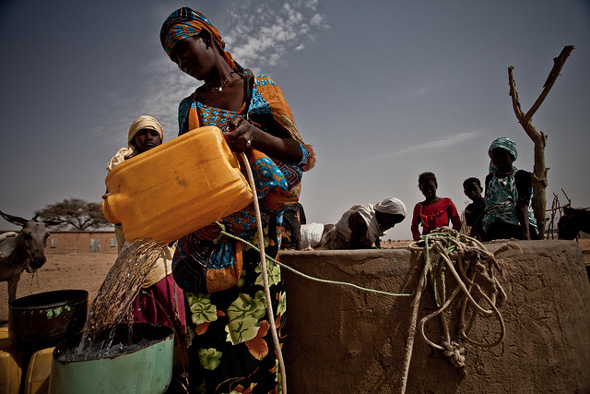-
Tamil Kendall: Fighting Discrimination for the Rights of HIV-Positive Women in Latin America
›
HIV-positive persons in all segments of society face intense marginalization, but the effect is immensely compounded for women and expecting mothers. In Mexico, El Salvador, Honduras, and Nicaragua, where at least 57,000 women are living with HIV, the stigmatization is so great that many are denied basic reproductive rights, says Harvard University’s Tamil Kendall in this week’s podcast, from the Maternal Health Initiative.
-
Can Mexico Harness Its Demographic Dividend?
›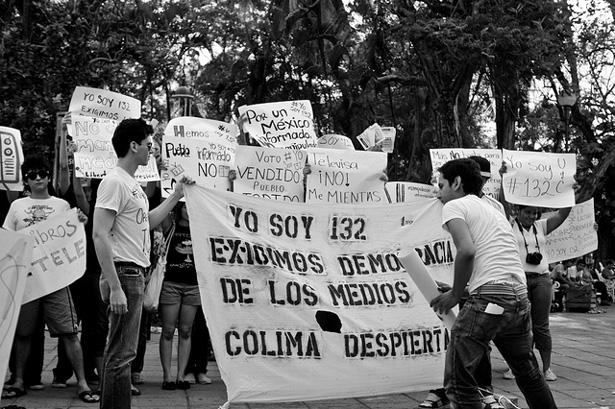
Mexico’s 2012 elections were important for a host of reasons: the PRI party returned to power after 12 years of rule by the more conservative PAN; there was the first female presidential candidate from a major political party; and turn-out was historically high. They also proved that Mexico’s young people are not as apathetic as some may have thought, with the emergence of the #YoSoy132 student movement demanding fair press coverage.
-
ECC Platform
Interview With Elizabeth Deheza on Climate-Induced Migration and Security in Mexico
›May 17, 2013 // By Wilson Center Staff
The original version of this article appeared on the Environment, Conflict, and Cooperation (ECC) Platform.
Climate-induced migration in Mexico is a complex issue and the future impact of this phenomenon is neither clear nor agreed upon. The Environment, Conflict and Cooperation (ECC) team talked to Elizabeth Deheza from the Royal United Services Institute for Defense and Security Studies. She and Jorge Mora are the authors of the recent study “Climate Change, Migration and Security: Best-Practice Policy and Operational Options for Mexico.”
-
The Other Migration Story in Mexico: Climate Change
›
The conversation around immigration and Mexico has long been tied to the United States and the prevailing economic conditions in both countries. But a new report from the Royal United Services Institute argues that as temperatures rise and precipitation patterns change over the course of the next century, climate too will increasingly become a driver of both internal and international migration in Mexico. [Video Below]
-
Feminized Development in Latin America: Understanding the Confluence of Gender Equity and Cultural Tensions
›
Poverty in Latin America has become increasingly “feminized,” said John Coonrod, executive vice president of The Hunger Project, at the Wilson Center on October 22. As a result, many governments and NGOs are starting to focus on the needs of women, especially indigenous women. [Video Below]
-
Linking Academia With Policy: Youth and Land Markets in Urban Development
›
“It’s always important when working in policy to consider what we can do beyond conception and look at more implementation,” said Valerie Stahl of New York University at the Wilson Center last month.
Stahl was one of three graduate students presenting their winning papers for an annual academic paper competition, “Reducing Urban Poverty,” co-sponsored by the Wilson Center, USAID, International Housing Coalition, Cities Alliance, and the World Bank. This year’s competition was the third in an effort to better link new academic work on urban issues to actual policymaking. [Video Below]
-
Social Interaction Key to Urban Resilience, Says Harvard’s Diane Davis
›November 7, 2012 // By Payal Chandiramani“Resilience is the capacity of individuals and institutions to cope and adapt in the stress of chronic violence in ways that allow them room for maneuver and hope for the future,” said Diane Davis, Harvard professor of urbanism and development, in an interview at the Wilson Center.
-
From Dirty Wells to Endocrine Disrupters: Covering Women, Water, and Health at SEJ 2012
›Access to safe water is often taken for granted in developed countries. But last week at the 22nd annual conference of the Society of Environmental Journalists, panelists argued that the impact of dirty water on women’s health is an important but neglected story, not only in developing countries like Nigeria, but also in the United States.
Showing posts from category Mexico.


